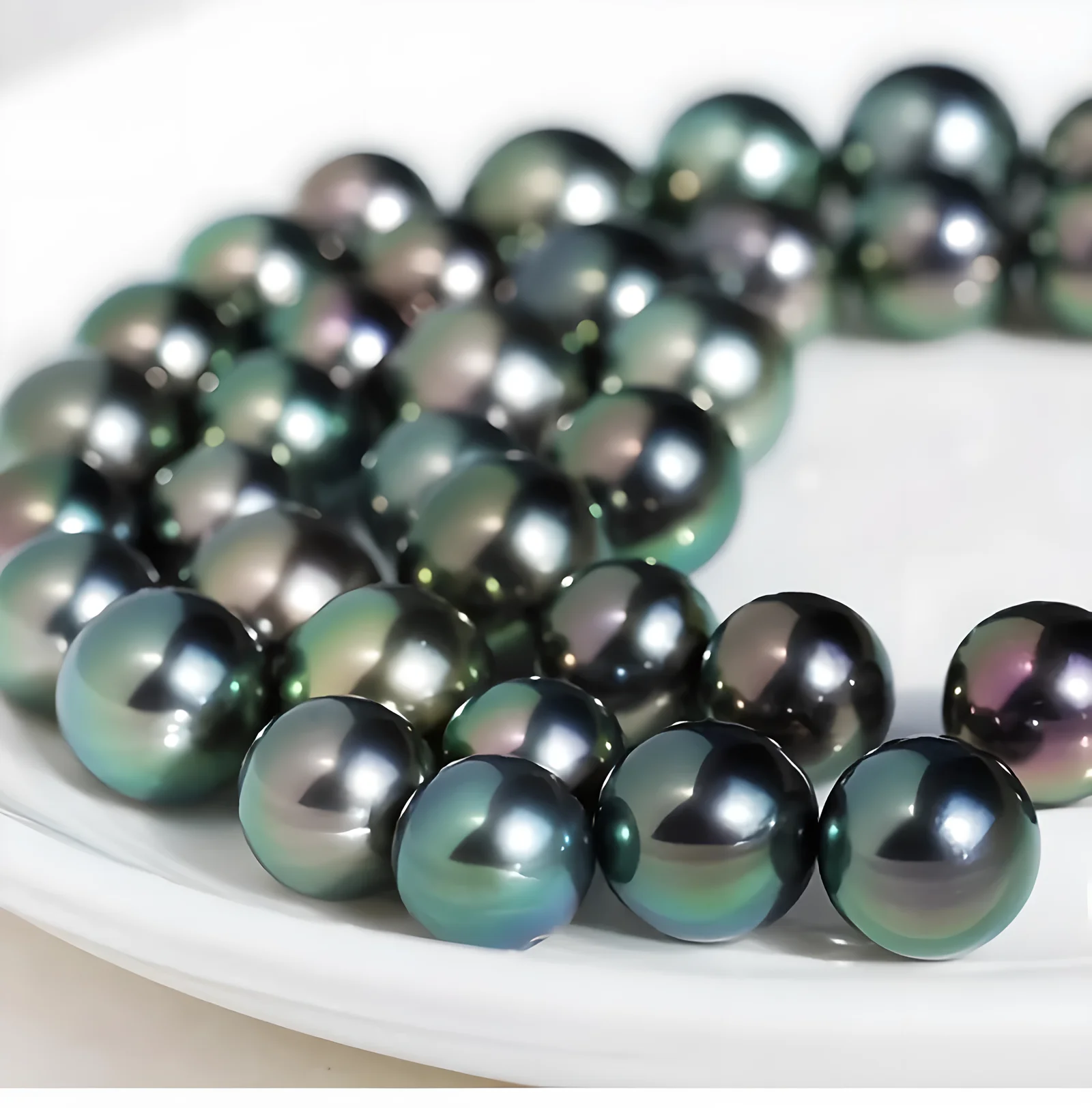Which Pearl Is The Most Expensive? Unveiling the Ocean’s Priceless Gems
What Sets the Most Expensive Pearls Apart?
When considering pearls, one often wonders, “Which pearls are the most expensive?” These treasures of the sea have captivated humans for centuries, adorning royalty and the elite. Understanding the factors that contribute to a pearl’s value is crucial for anyone interested in luxury jewelry. How does the enchanting nature of pearls intersect with rarity and perfection to distinguish some in terms of expense? Let’s explore this captivating world where beauty meets rarity.
Understanding Pearl Types: The First Step to Unveiling Value
The Classic Akoya Pearls
Akoya pearls, often synonymous with classic beauty, originate from the Pinctada fucata oyster. Known for their reflective luster and round shape, Akoya pearls are predominantly cultured in Japan. While they are prized for their elegance, they are generally more affordable compared to their rarer counterparts. Nonetheless, Akoya pearls with exceptional quality can still command high prices, making them a staple in classic pearl collections. For more on Akoya pearls, Jewelry Notes offers detailed insights into their characteristics and market.

The Enigmatic South Sea Pearls
South Sea pearls, both white and gold, are renowned for their impressive size and exceptional satin luster. Cultured in the largest pearl oysters, Pinctada maxima, these pearls primarily hail from the pristine waters of Australia, the Philippines, and Indonesia. “South Sea pearls are the Rolls-Royce of the pearl world,” says renowned gemologist Dr. Jessica Yun. Their natural, creamy colors and significant size make them some of the most sought-after—and expensive—pearls on the market. For additional understanding, you might find Pearls of Joy useful in comparing pearl types and sizes.

The Mysterious Tahitian Pearls
Tahitian pearls, commonly referred to as black pearls, are an exotic choice that intrigues many luxury seekers. These pearls come from the black-lipped oyster, Pinctada margaritifera, and are mainly found in French Polynesia. With colors ranging from deep black to green and peacock hues, Tahitian pearls offer a unique allure. Although they are not the largest, their mesmerizing color variations can elevate their value significantly. The Pearl Source delves deeper into the intricacies and unique nature of these pearls.

Factors Influencing the Price of Pearls
Size: Bigger Isn’t Always Better—but It Helps
Pearls’ value tends to increase with size due to the rarity and time necessary to cultivate larger pearls. However, size without quality doesn’t guarantee a high price. Notably, South Sea pearls are often larger, contributing to their higher cost.
Luster: The Shine of Perfection
Luster is perhaps the most critical aspect when determining a pearl’s value. High-quality pearls exhibit a deep, mirror-like sheen. As expert pearl grader Emma Davis points out, “Luster can make or break a pearl’s worth. It’s all about that radiant glow that speaks to its quality.”

Color: The Rare and The Beautiful
While personal preference influences choices, certain colors are rarer. The mesmerizing hues of Tahitian pearls or the golden tones of South Sea pearls stand out, adding to the pearl’s allure and price tag.

The Pinnacle of Pearl Pricing
Which pearls are indeed the most expensive? The title often belongs to the golden South Sea pearls due to their unique combination of size, luster, and rarity. However, exceptionally fine examples of any pearl type, such as a perfectly round, high-luster natural pearl, can command astronomical prices.
Conclusion: Navigating the World of Luxury Pearls
In the pursuit of understanding which pearls are the most expensive, it’s evident that rarity, beauty, and perfection interplay to create market value. From the classic Akoya to the opulent South Sea pearls, each type brings its own story to the table. As an esteemed purveyor of pearls, being informed about these distinctions not only enriches your collection but ensures you make astute choices in your luxury purchases.
Remember, while price can often reflect a pearl’s quality, the true allure of pearls lies in their timeless elegance and the personal joy they bring to those who wear them. Whether you are a connoisseur or a curious enthusiast, embracing the intricacies of pearls invites you to partake in a tradition steeped in beauty and sophistication.
